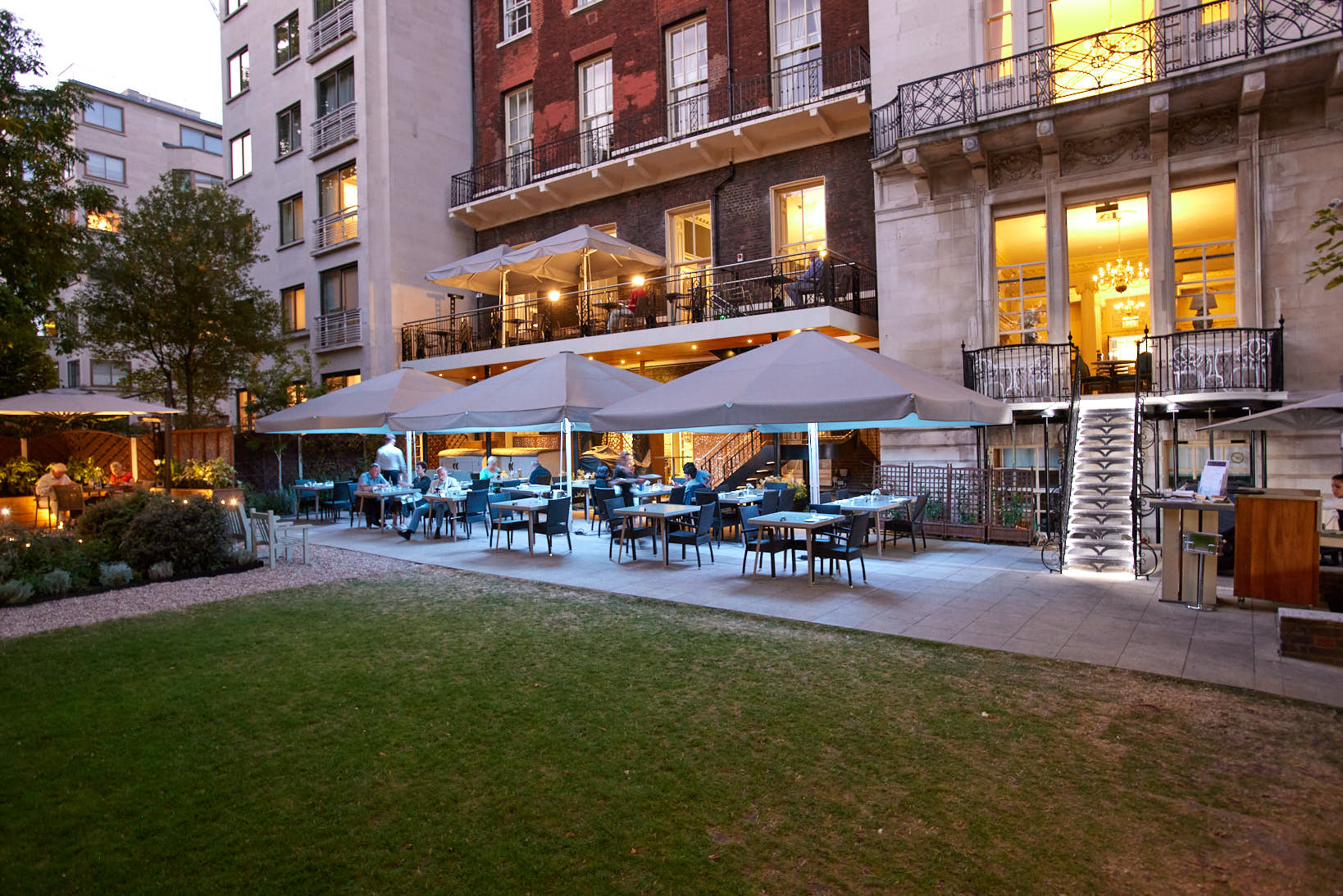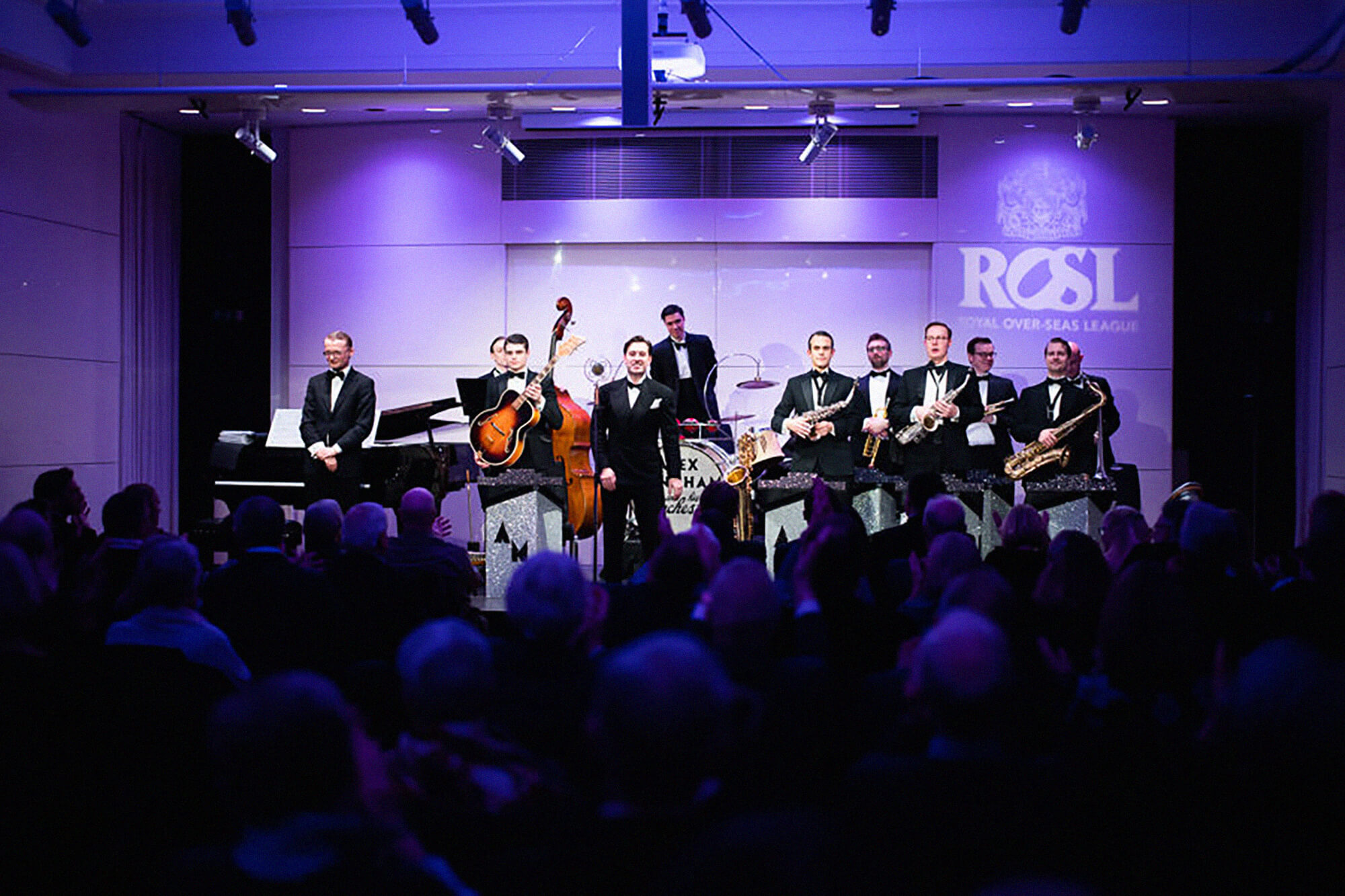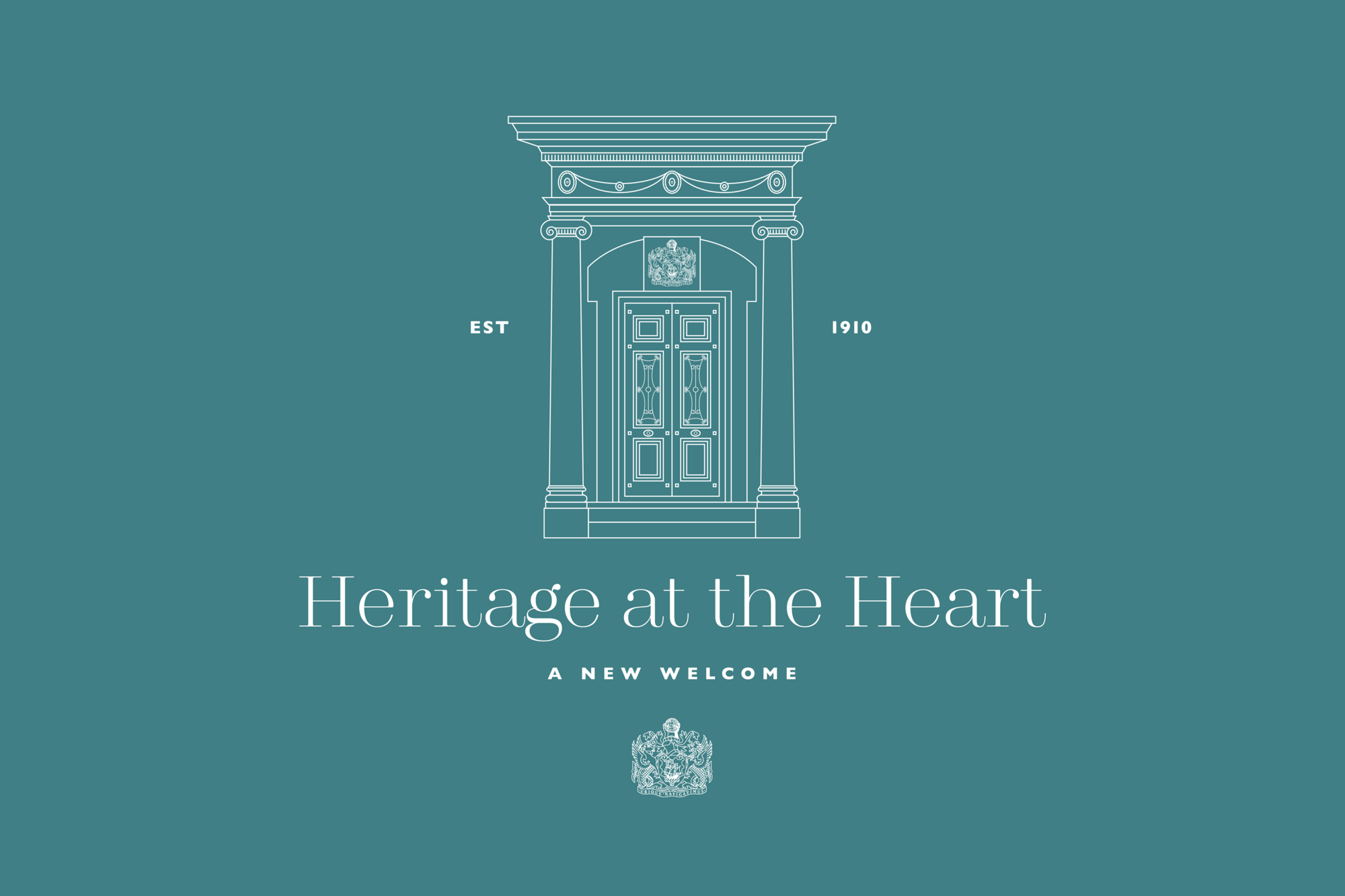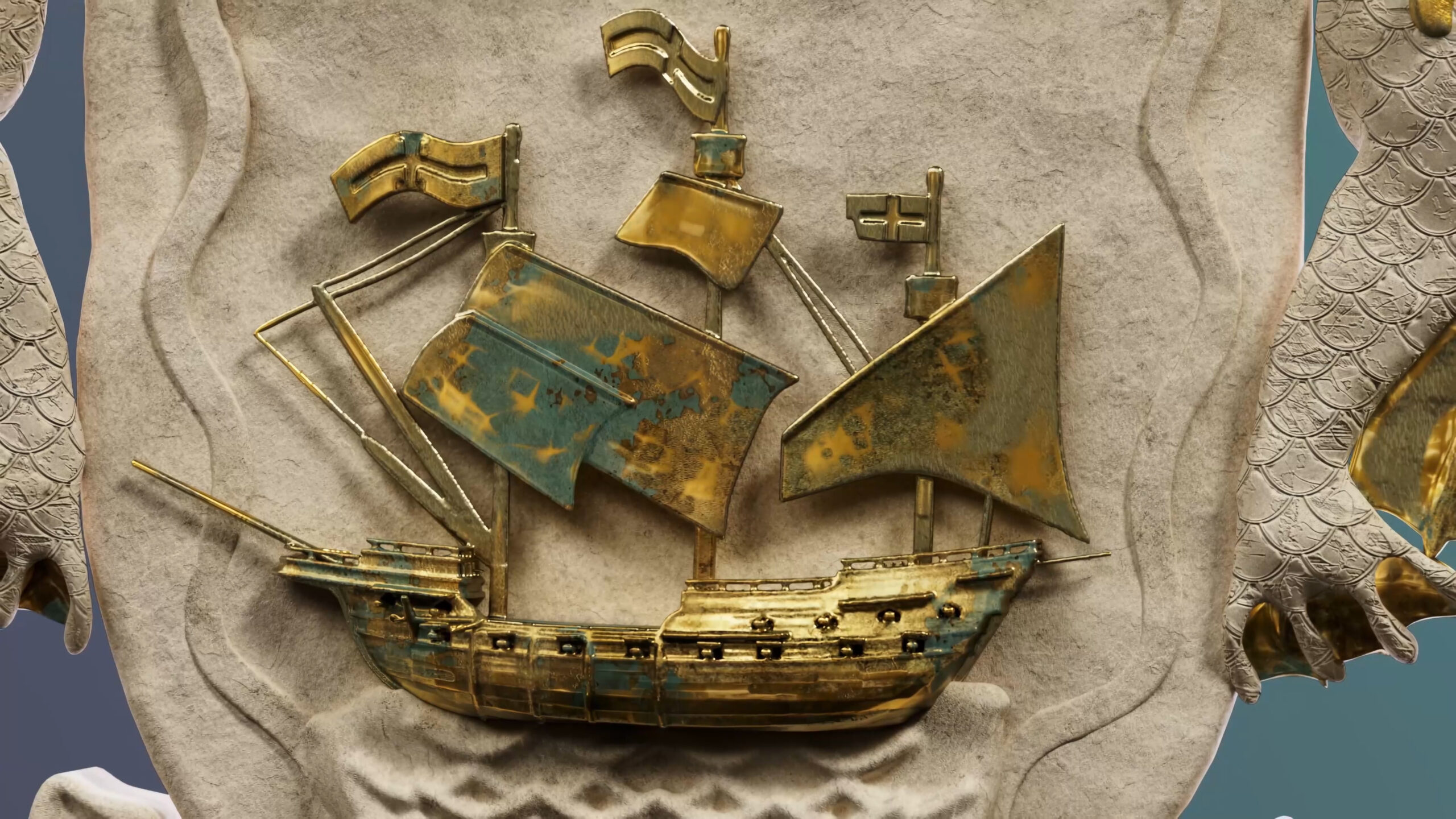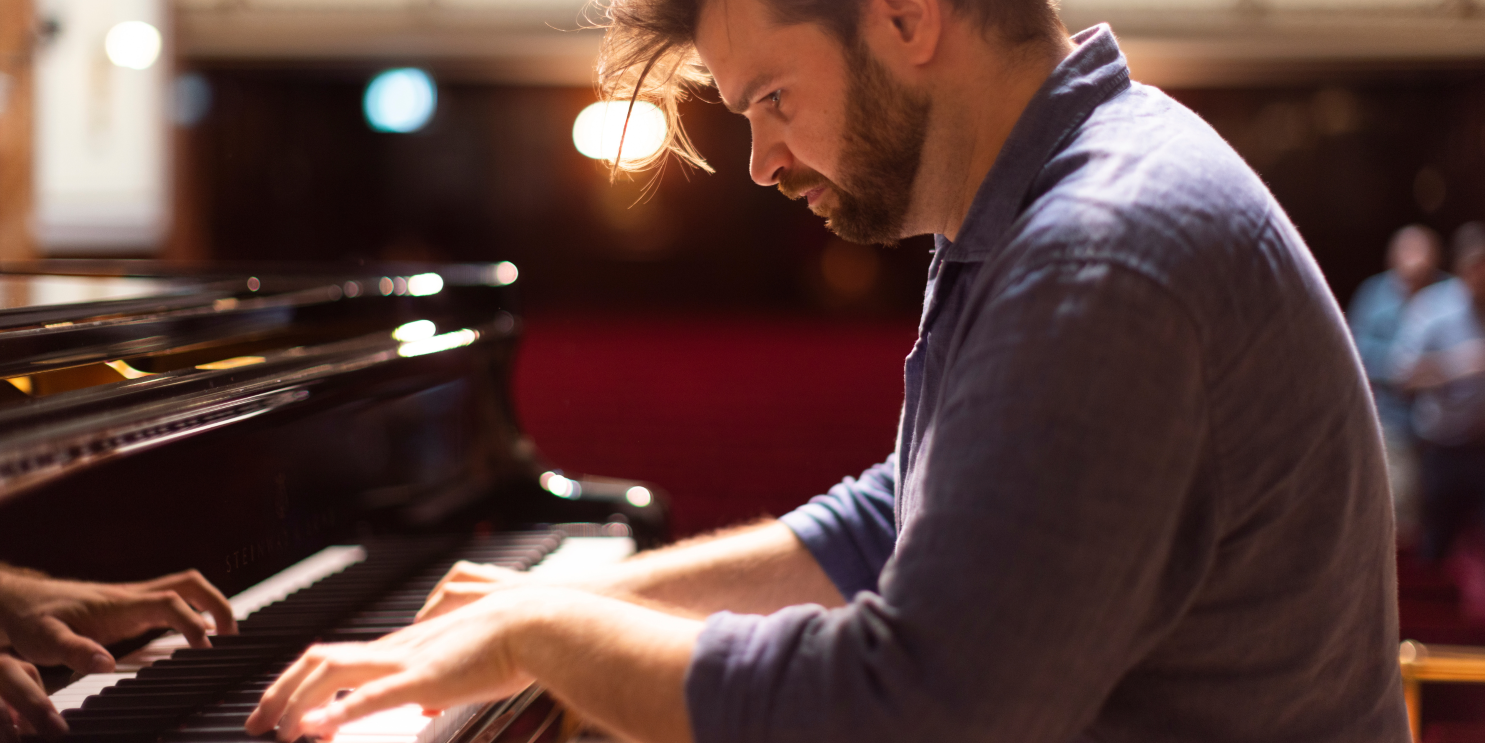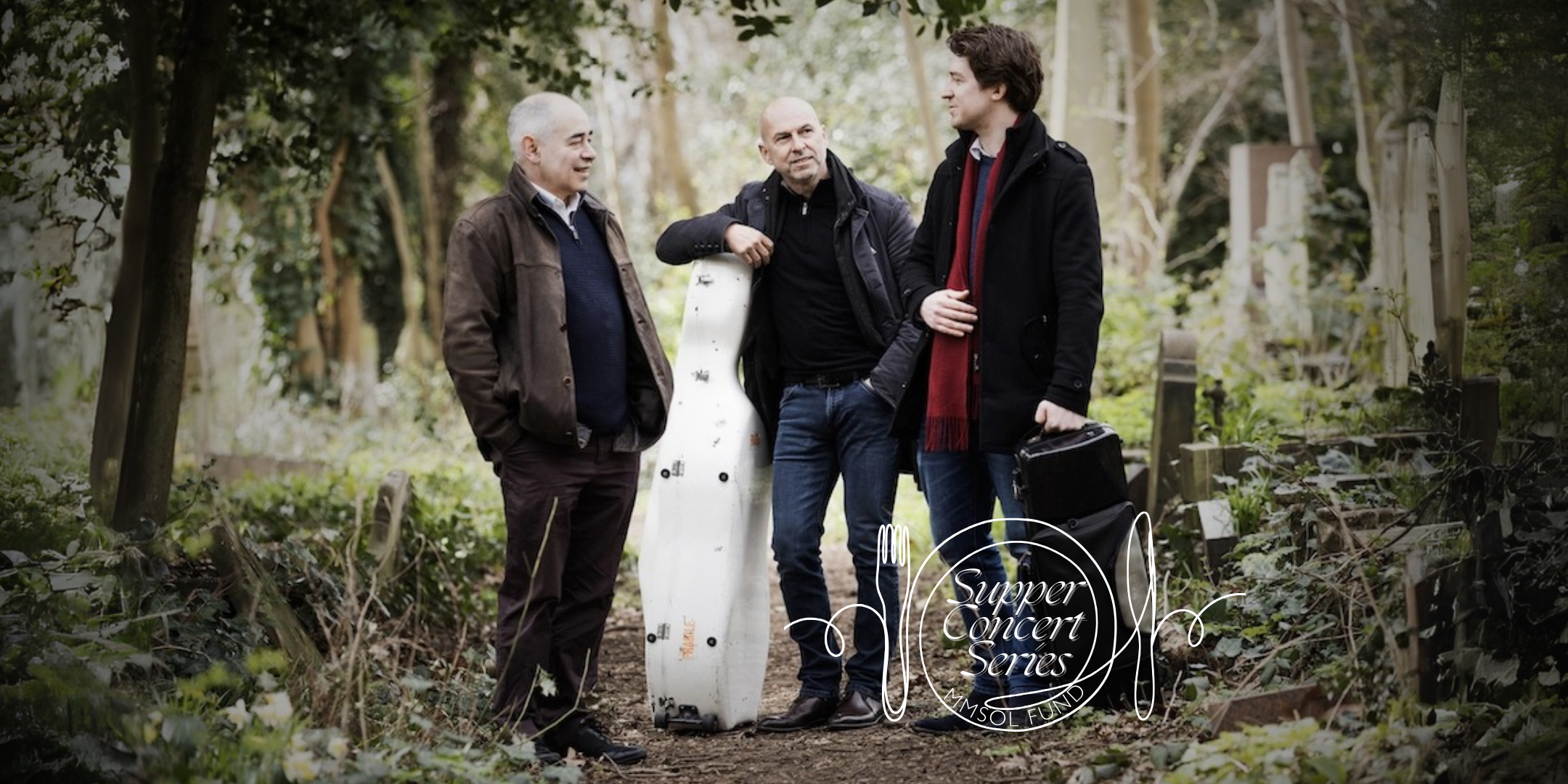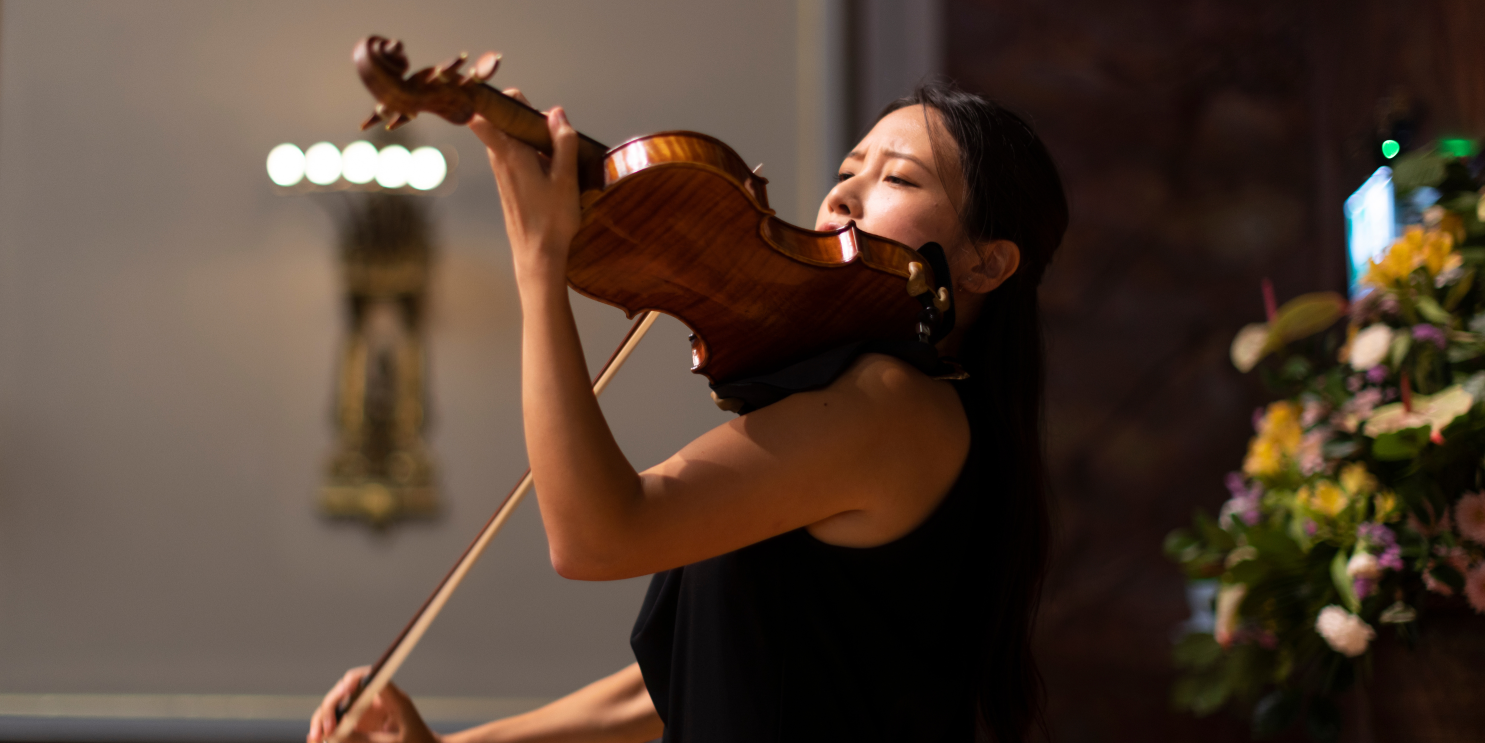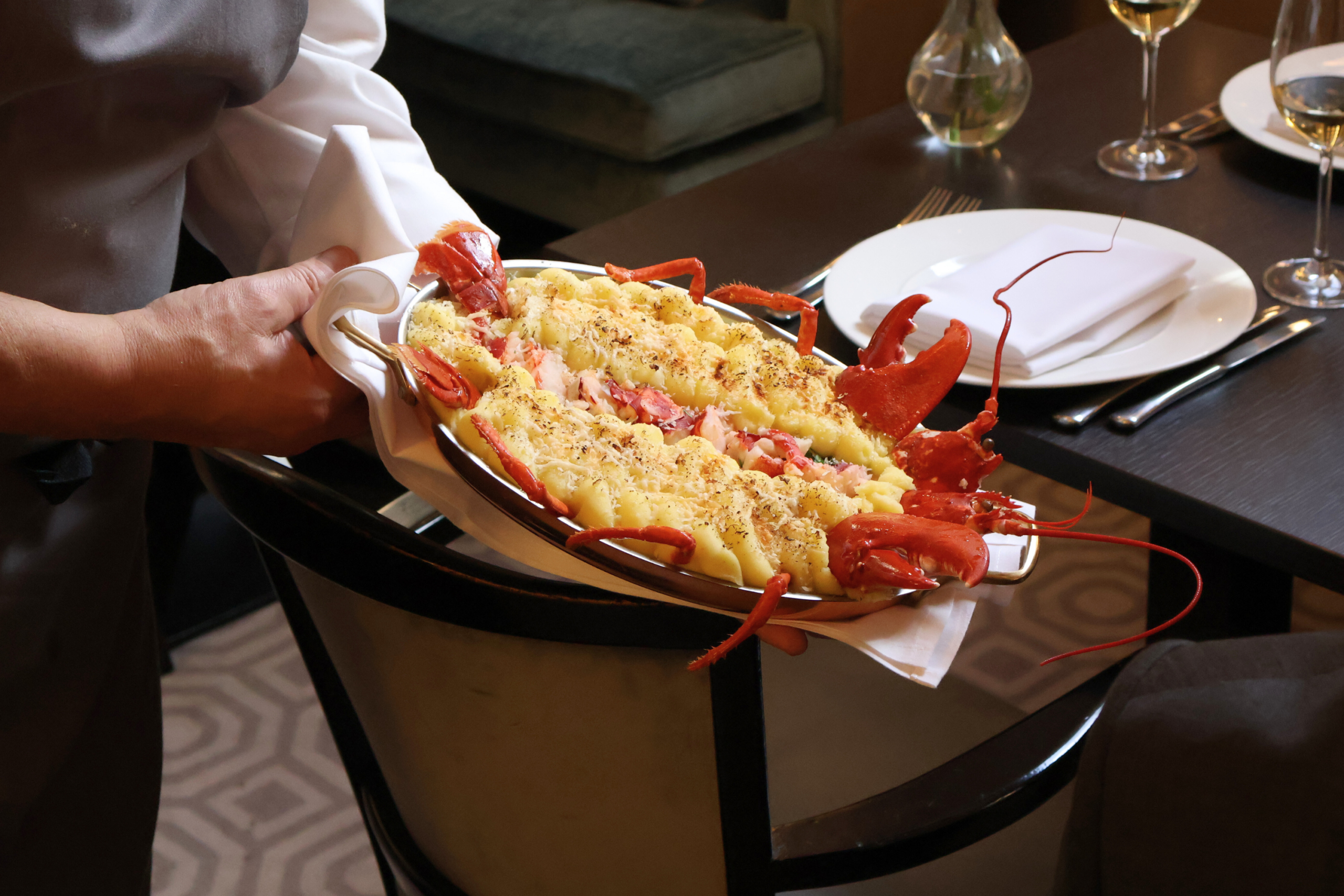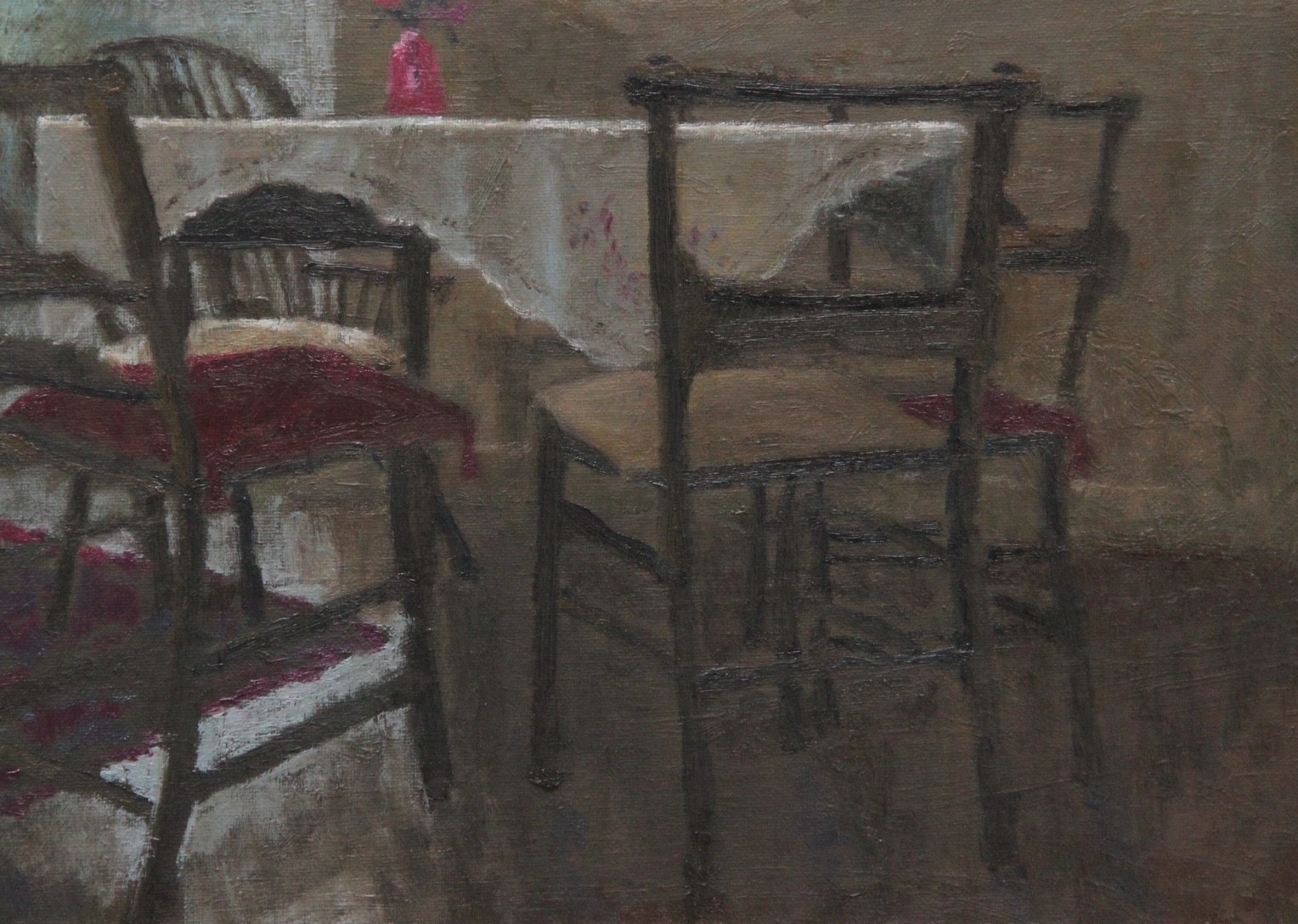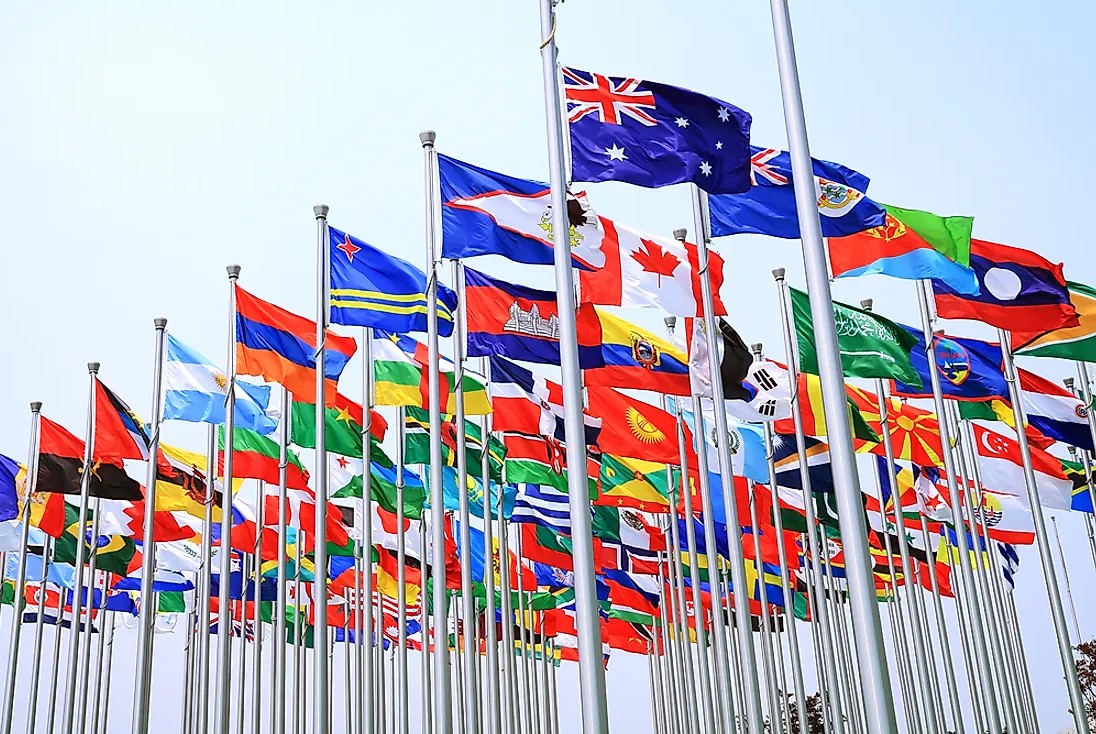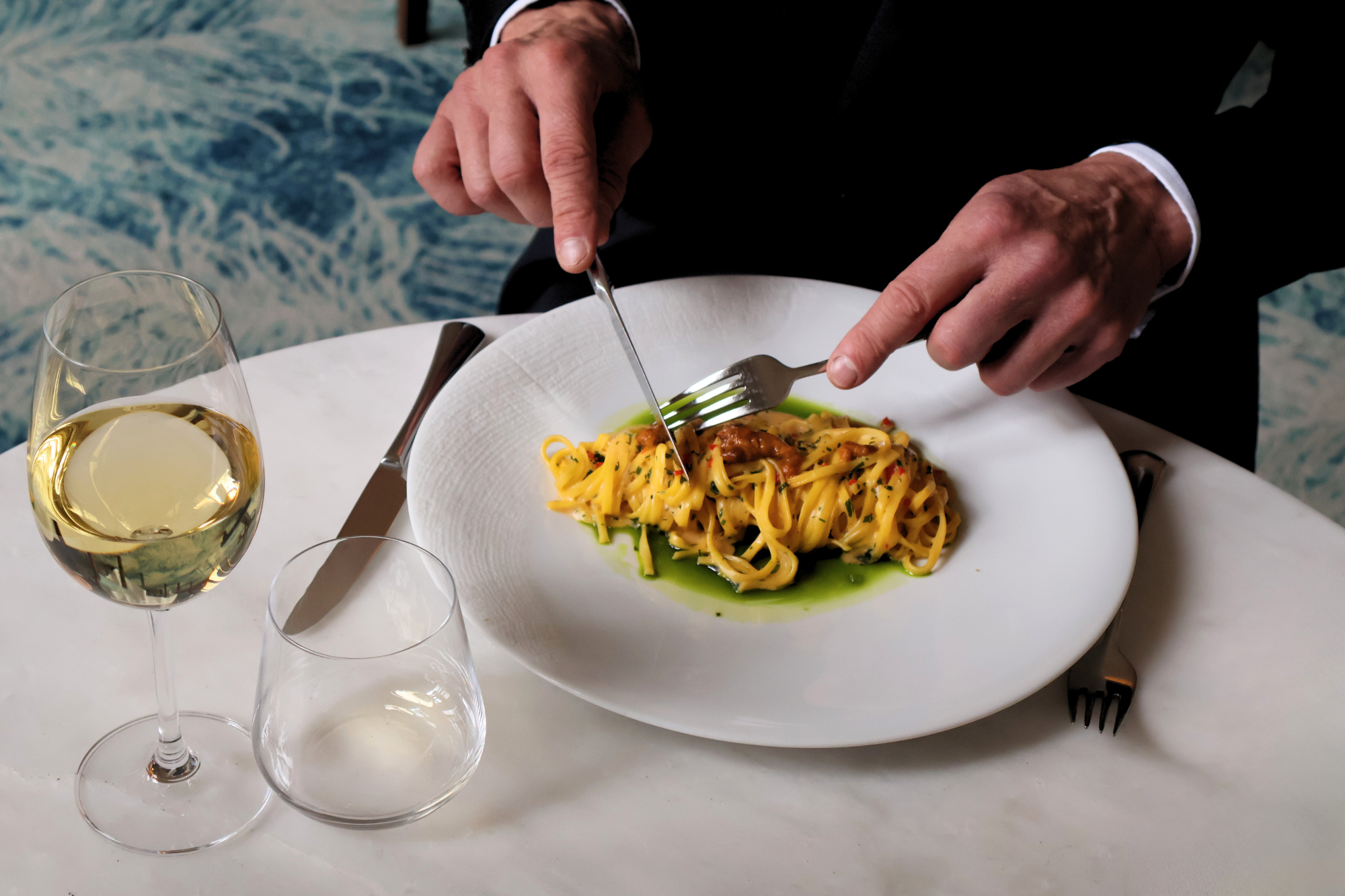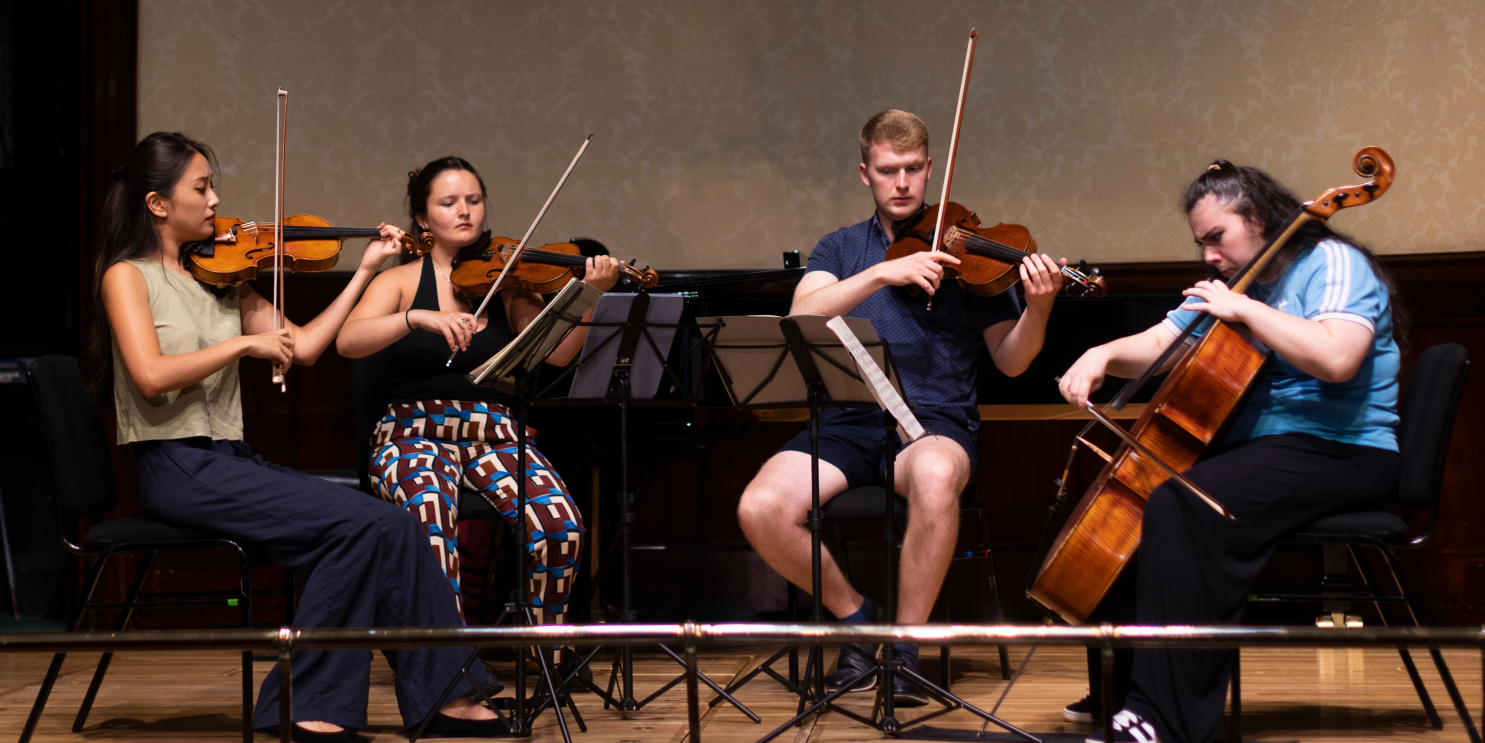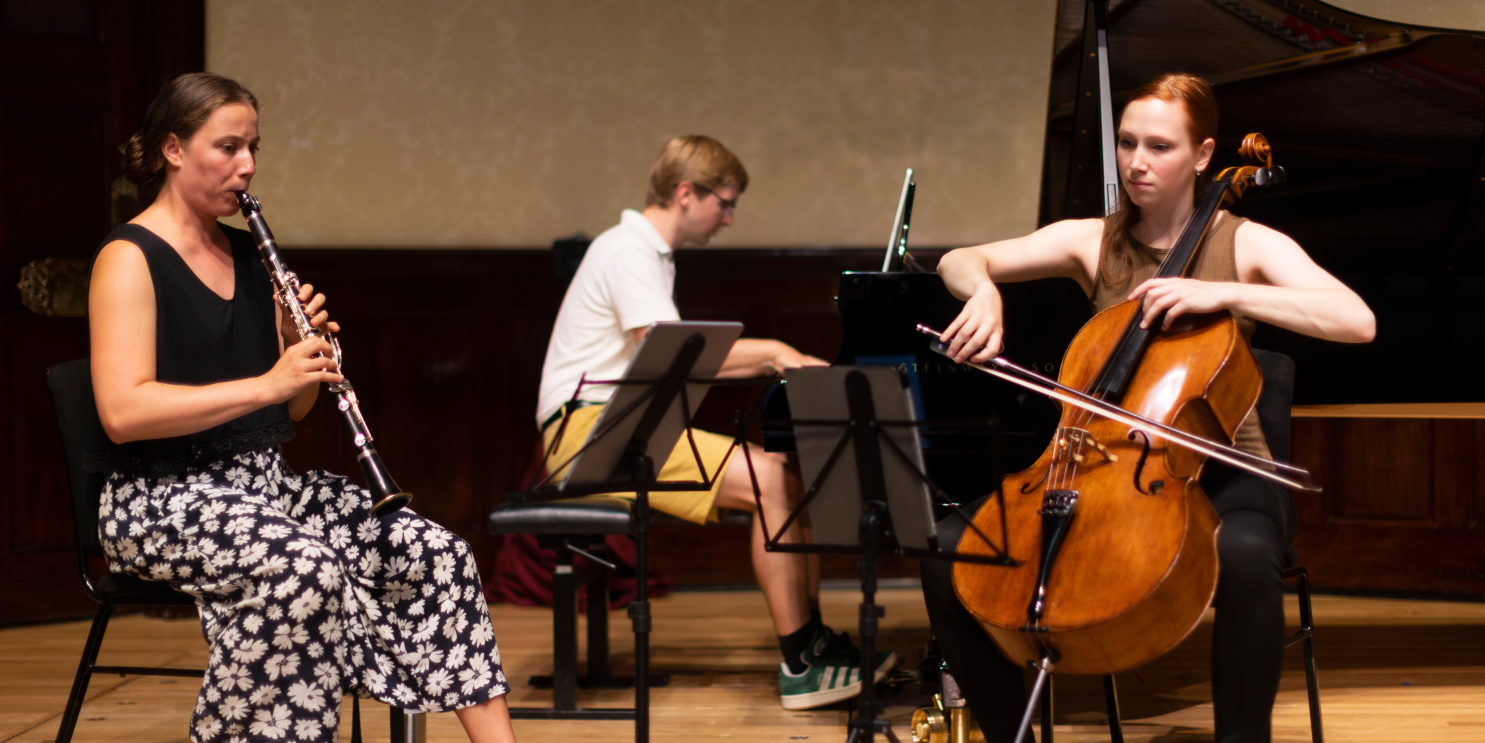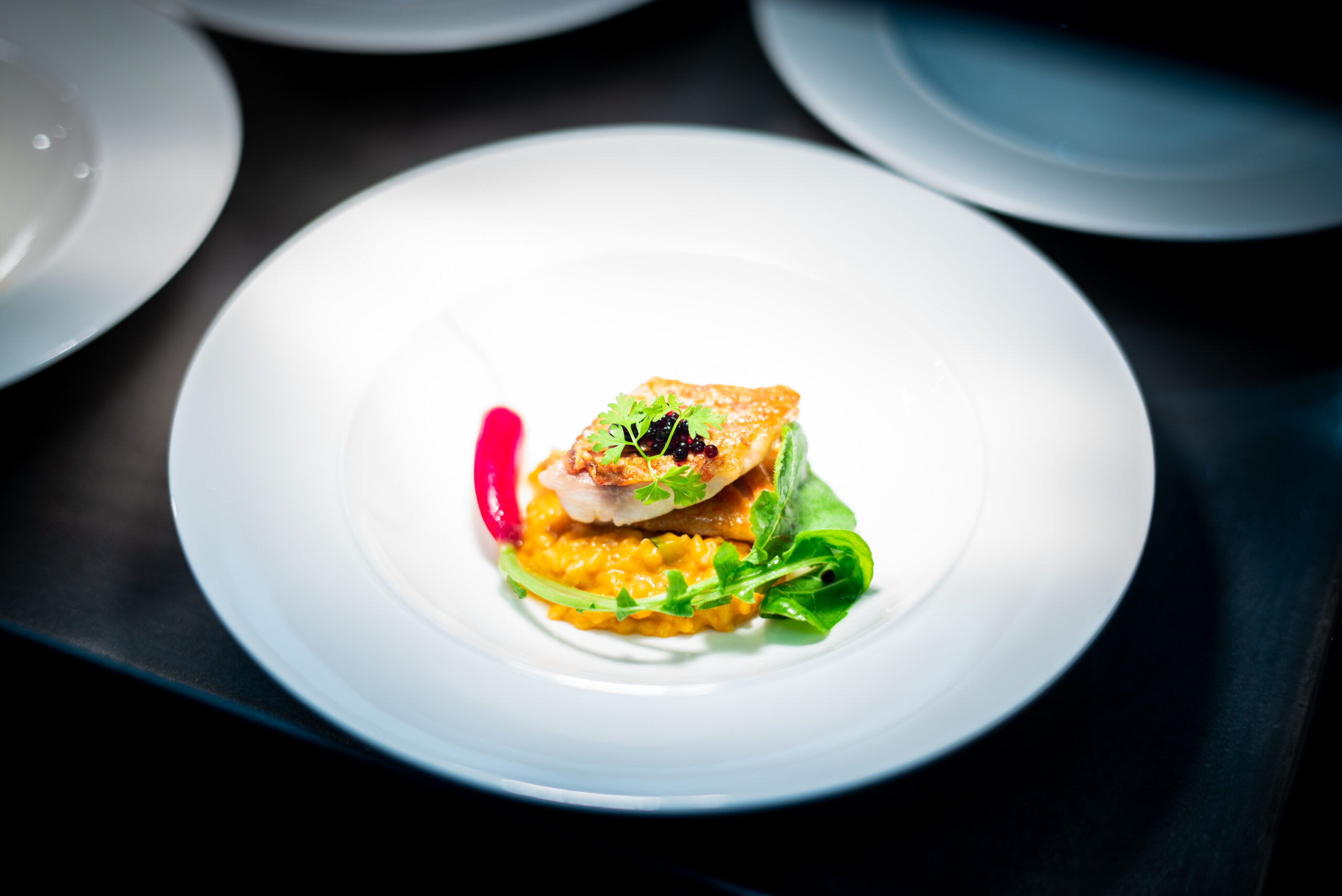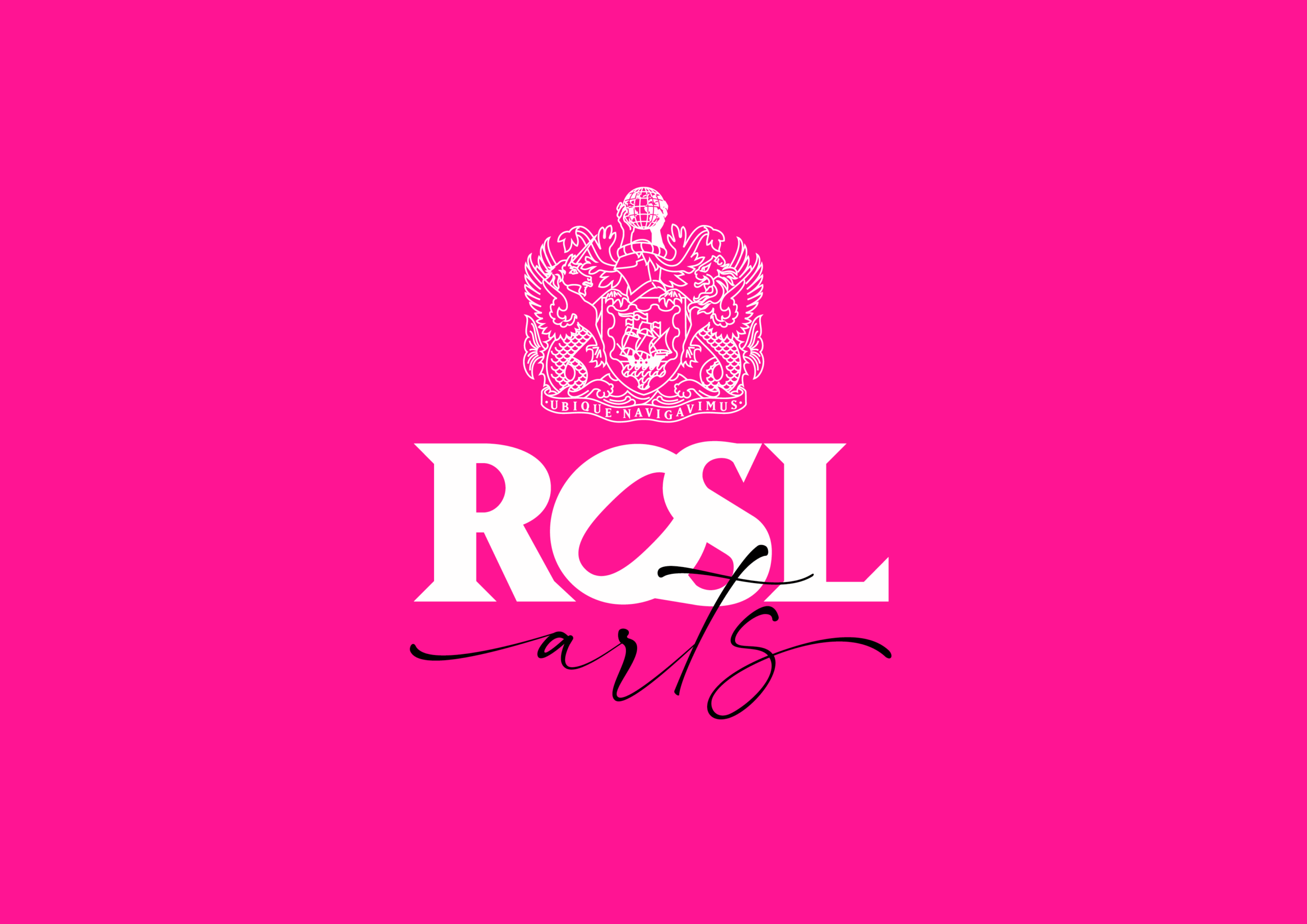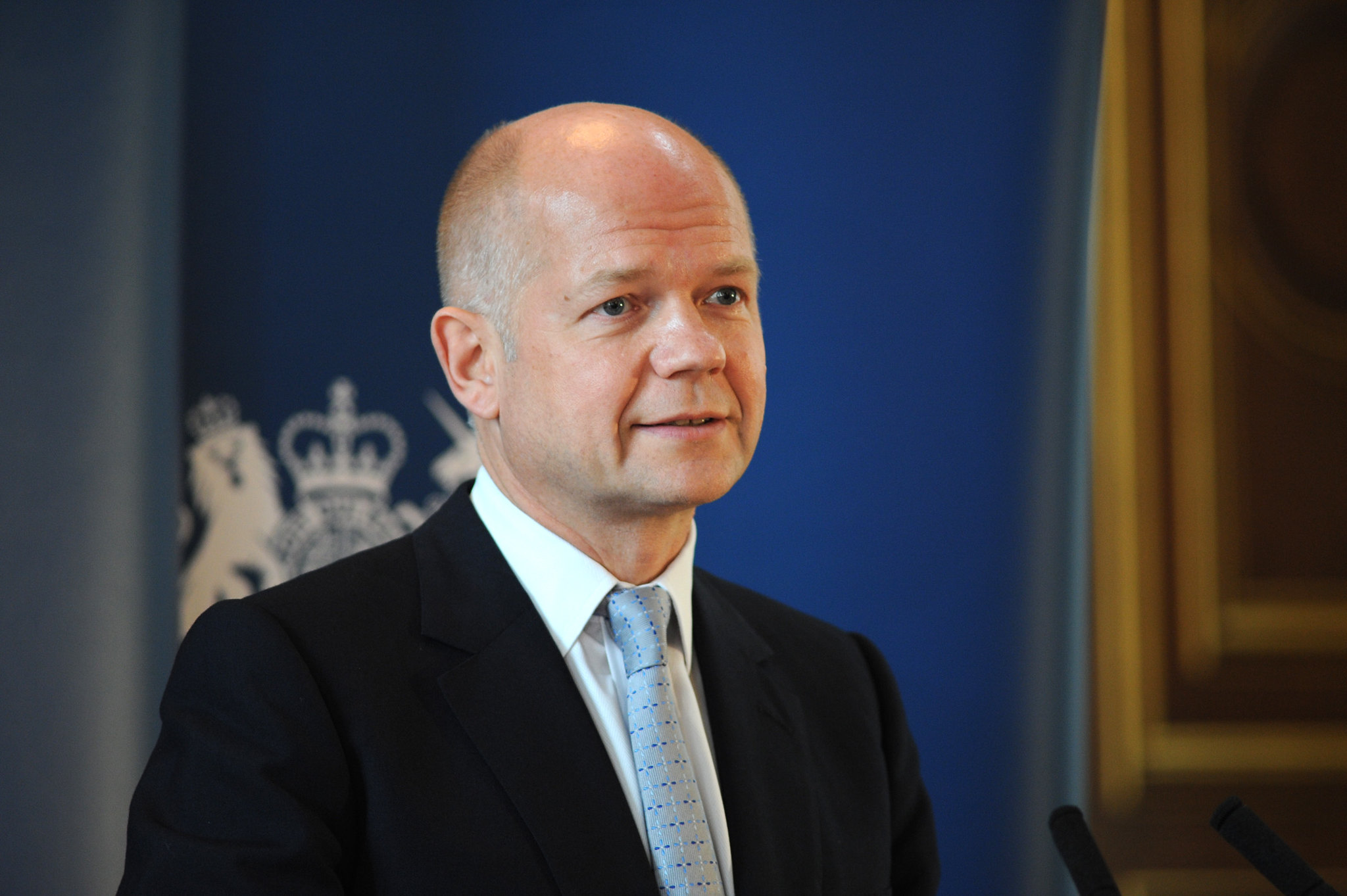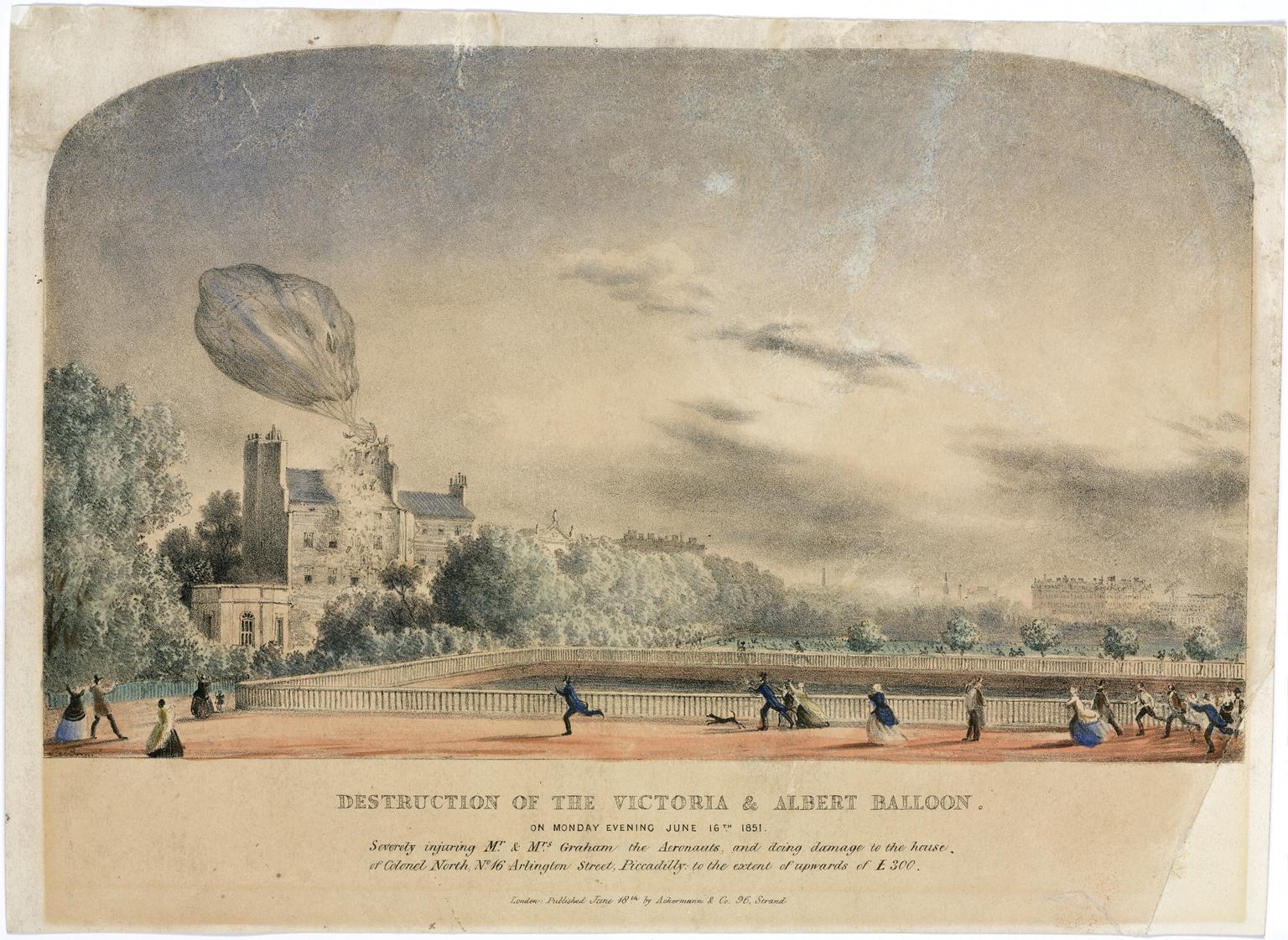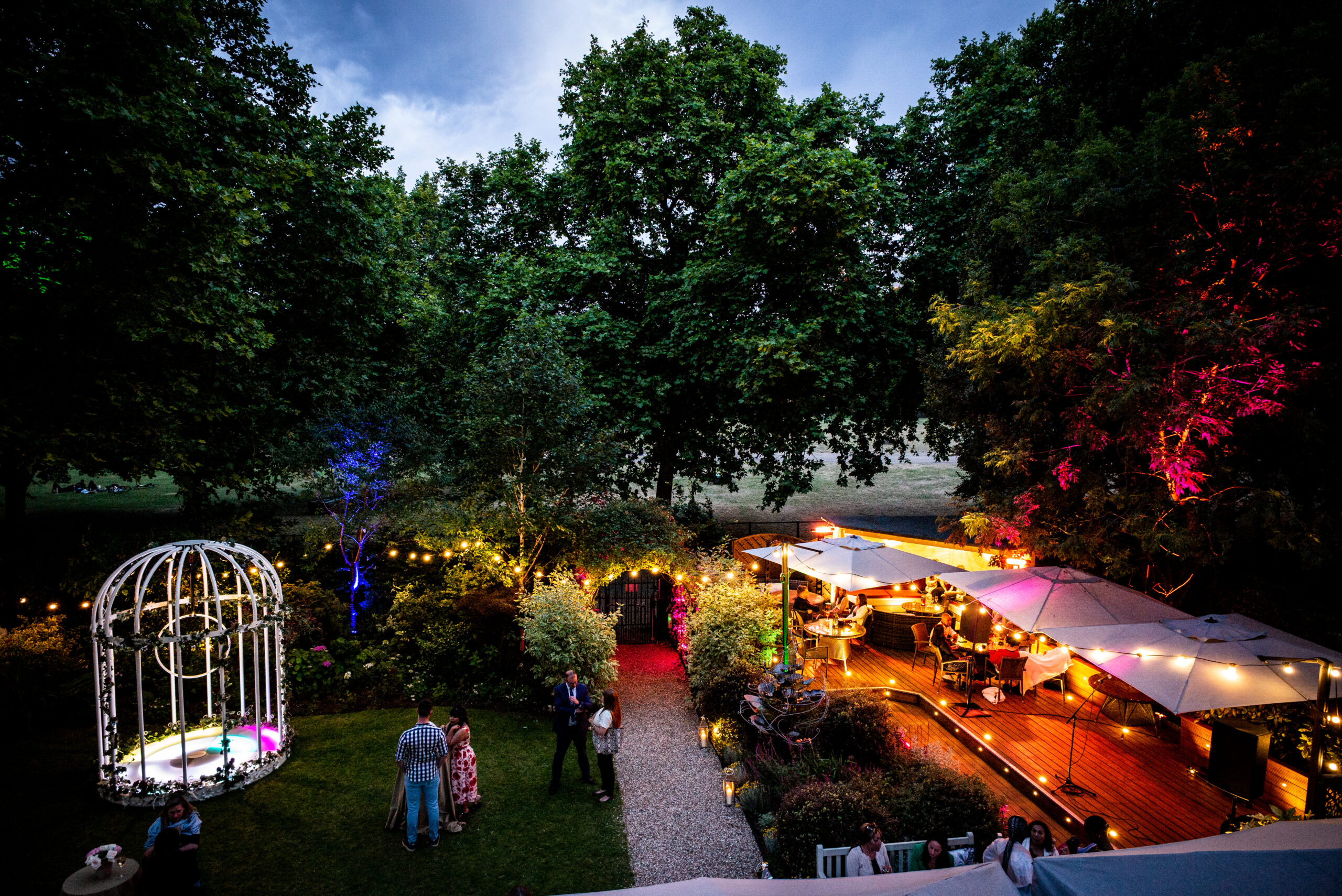- About Us
- Membership
- What’s On
- ROSL Events
- About Club Events
- Public Affairs
- Calendar of Events
-
Upcoming Events
-
Classical Guitar Nights in the 1910 Dining Room
Fri. 20 February - 18:30
![Noah Layzell guitarist]()
-
Keyboard Section Final 2026
Tue. 24 February - 19:00
![ROSL_Arts_Events__2026_Music_Competition_Keyboard]()
-
Beethoven and Smetana with Trio Balthasar
Thu. 26 February - 18:30
![Trio_Balthasar_MMSOL_Arts_Events]()
-
Strings Section Final 2026
Tue. 03 March - 19:00
![ROSL_Arts_Events__2026_Music_Competition_Strings]()
-
British Pie Week Menu
Wed. 04 March - 12:00
![British Pie Week 2026 lobster]()
-
Exhibition Opening: The Interior
Thu. 05 March - 18:00
![Shawn Lee 1]()
-
Commonwealth Day Celebration 2026
Mon. 09 March - 12:00
![Commonwealth]()
-
Commonwealth Menu
Mon. 09 March - 12:00
![commonwealth-menu-2025-1]()
-
String and Keyboard Ensembles Section Final 2026
Tue. 10 March - 19:00
![ROSL_Arts_Events__2026_Music_Competition_String_Ensembles]()
-
Mixed Ensembles Section Final 2026
Tue. 17 March - 19:00
![ROSL_Arts_Events__2026_Music_Competition_Mixed_Ensembles]()
-
Public Affairs: José Barroso gives his thoughts on Europe, Russia and China
16 April 2024
José Barroso – former President of the European Commission (2004-2014) and Prime Minister of Portugal (2002 to 2004) – was our guest at March’s Public Affairs series, and he had plenty to say on the subject of Britain’s place in the EU, Russia and other global issues. Here is an excerpt from his Q&A with our audience.
On Britain’s place in the EU post-Brexit
I worked with Gordon Brown and Tony Blair and around the table something that was acknowledged was that Britain had at least as much influence as France and Germany (when the UK was in the EU); at least. With the exception of discussions around European currency – because you were out of the Euro – Britain always had a strong voice. Whenever there were discussions around the table on major issues of global trade, relations with the US, relations with China, relations with India, relations with Russia; the voice of the UK was at least as strong as the voice of the German Chancellor, of the President of France. Now of course that isn’t the case.
I think that a reset of relationships is necessary, and maybe after a change of governance in the UK this year there will be a reset of the relationship between the UK and the European Union which I think is important. No one in the EU is thinking about Britain joining again, but really I personally miss the stronger voice of Britain because I’m very much for the agenda of Britain; for free markets, for reform, for more competitors. And I miss the fact that it’s no longer there, but at the same time we now have to adapt, to be pragmatic, and work in a constructive way; and where possible especially on the issue of defence. There’s some co-operation already going on but I think it’s important that it’s stronger.
On priorities for the EU in the coming years and relationships between leaders in the EU
Aside from security I think the priority is going to be the green transition. Even now there is a global pushback against some of the more ambitious targets for climate, but (the direction has) already been agreed in Europe. Also, the digital transition is an important point. There’ll be even more focus on defence. Now the commission is buying ammunition and weapons, it’s amazing. I tried pushing the idea of dual-use technologies to the European commission a long time ago and there was pushback – they said ‘Mr President we are a peaceful organisation’. But I said ‘look, I also love peace, but the European Union should not be seen as a nation of boy scouts and girl scouts.’ The first rule of any leader is to defend our people. So that kind of attitude was not possible then – now it is possible (post-Ukrainian invasion). There are some other areas such as Artificial Intelligence where are friends in the US, or in China are investing heavily and we aren’t doing the same.
In terms of some stories from my time as President of the EC, during the financial crisis, my role among others was to convince the government to avoid the Greek exit from the EU (by the way, the word Grexit came before Brexit) as at the time people thought they were going to leave the union. And I was trying to convince Angela Merkel – we were speaking in English – and I said to her ‘Angela, the more you delay the more you pay’ and she said ‘I know but you have to negotiate’. One day before a European summit I was sat with Nicholas Sarkozy and Angela Merkel and I was asking them about money for a Bazooka (the Recovery and Resilience facility used for emergency funds in times of crisis), for Ireland, Portugal, Greece and Spain at the time. Nicolas said ‘yes, we can do that, we can allocate that money.’ But Angela said ‘Nicolas, how can you say that without consulting the parliament?’ which he didn’t think necessary. And she said ‘ah well you are very lucky you have a very easy parliament.’ He replied ‘yes, in France we have an easy parliament but they are very difficult people; while you in Germany have a very difficult parliament but they’re very easy people!’. It was a funny moment and I think that a little bit summarises the political relationship and situation.
On China’s growing tension with Taiwan
I do not believe that in the next few years China will – unless directly provoked – invade Taiwan. Maybe I’m wrong, that is just my opinion, but I’ve been in contact with China for many years both as Foreign Minister and also when Portugal gave back Macau to them two years after the UK handed back Hong Kong. Since then I’ve been going to China every year, except during Covid.
And of course the Chinese they want to make it square, the re-unification of Taiwan, and I believe eventually they will do it. But they want to do it more through persuasion and pressure. For them though it is a sacred goal and they will do everything to get it. Now if that happens I think the Americans will have a very strong reaction. The question is whether we’ll see the US impose sanctions on China as we have done with Russia in Europe.’
Keep any eye on our events calendar events for more Public Affairs events throughout the year.
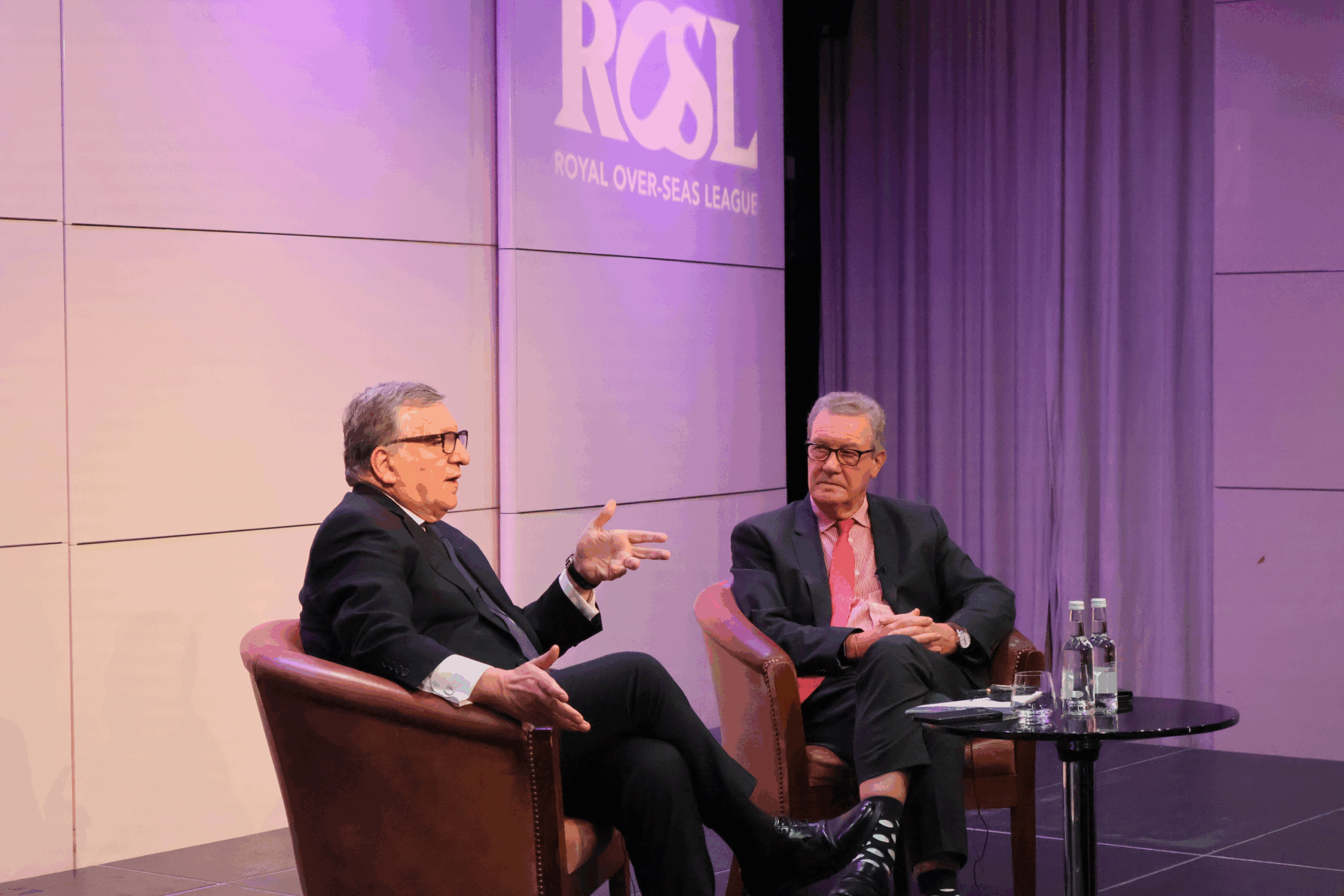
José Barroso with host, ROSL Foundation Chairman, Hon Alexander Downer AC
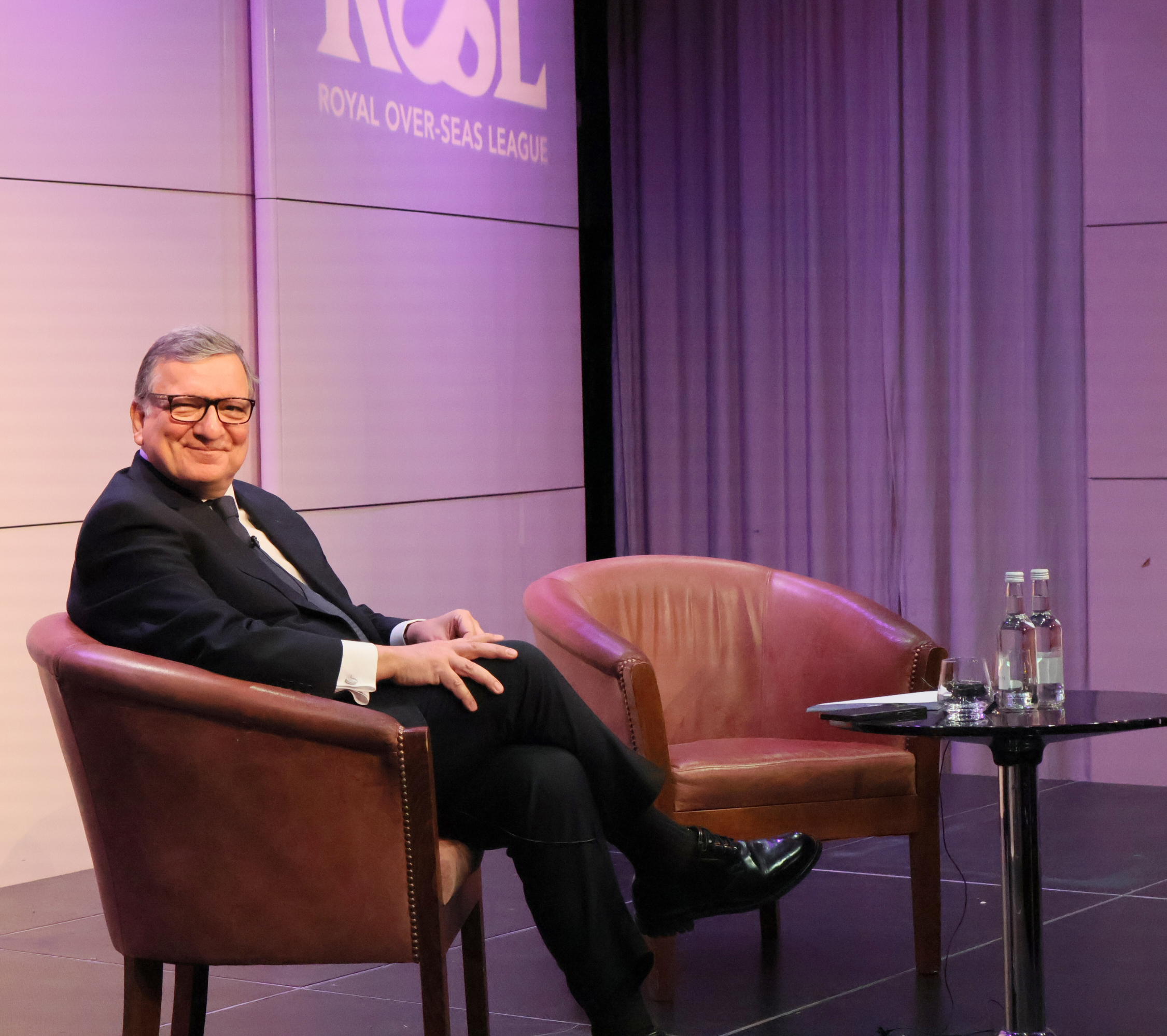
José Barroso
